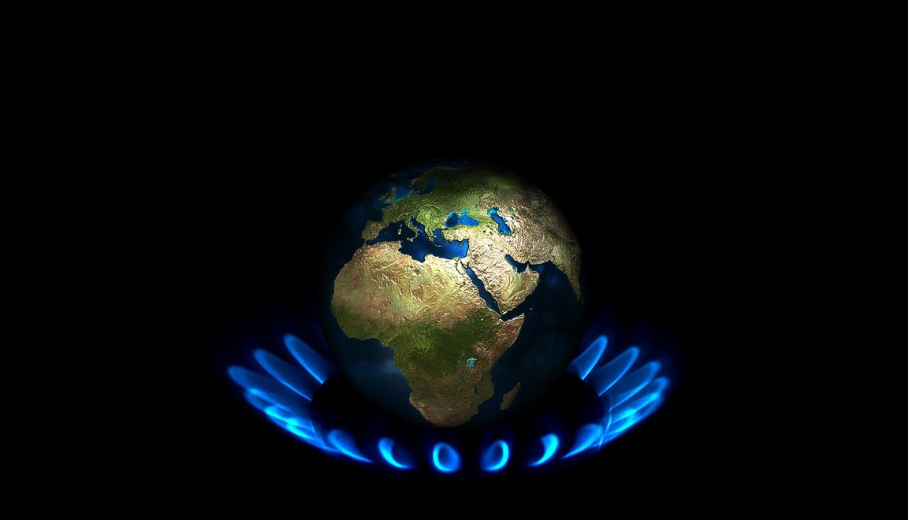The Croatian Government continues to favour the fossil fuel industry through the NECP
The National Energy and Climate Plan (NECP) is not only poorly written and inconsistent with EU goals, but also does not reflect a minimum of political ambition or the necessary financial investments. Moreover, the document represents a continuation of the greenwashing of the Government's energy policy based on fossil fuels.
FoE Croatia and the Society for the Design of Sustainable Development (DOOR) urge the relevant institutions to harmonise the NECP with obligations from European legislation and remove measures that encourage the further use of fossil fuels. Instead, they must better define measures to increase investment in renewable energy sources that can position Croatia as a leader in the regional energy transition.
Namely, the NECP should be the most important national document shaping a green and sustainable energy and climate policy until 2030, however, it is anything but a plan by which Croatia will achieve its climate goals and become climate neutral.
Instead of urgent decarbonisation and promotion of increased renewable energy sources, the Croatian NECP envisages an increase from 745 million cubic meters in 2022 (49% of domestic production) to 920 million cubic meters, or 59% of domestic hydrocarbon production (oil and gas), increasing the capacity of the Krk LNG terminal and exploring potential oil and gas deposits in Slavonia, the Dinarides and the Adriatic. At the same time, demand for gas is falling and will continue to fall, which is the EU's goal.
If the measures in the NECP are followed, not only will Croatia not be climate neutral by 2050, it will still consume a significant amount of fossil fuels and this is contrary to the objectives of the European Green Deal. Further investment in fossil fuel infrastructure also poses a long-term economic risk for Croatia in the form of stranded assets, given that EU markets, unlike Croatia, will increase investments in renewable energy sources and abandon fossil fuels by 2050.
Furthermore, the EU Directive on the Promotion of Energy from Renewable Sources clearly requires Member States to introduce areas for the accelerated development of renewable energy sources in local spatial plans, however, this does not seem to be an equal priority for the Croatian Government. Instead of encouraging the increase in renewable energy from solar or wind, the Croatian NECP relies heavily on increasing the share of solid biomass, although no national system of certification and guarantees of origin of biomass, biofuels, biomass fuels or other energy products has been introduced. This system of monitoring the origin of biomass, which is not even mentioned in the NECP, is necessary in order to ensure that biomass for energy is not produced from raw materials obtained on land that is of great importance for biodiversity conservation or food production. Renewable energy sources can only be considered sustainable if they do not have a detrimental impact on biodiversity, the environment and the climate.
Croatia has significant potential for the development of renewable energy sources, especially solar energy. Any step towards increasing investment in fossil fuels threatens not only the EU's commitment to its goals, but also opportunities to withdraw significant money from EU funds for a just green transition.
The NECP is opened for public consultation until 12 December.
